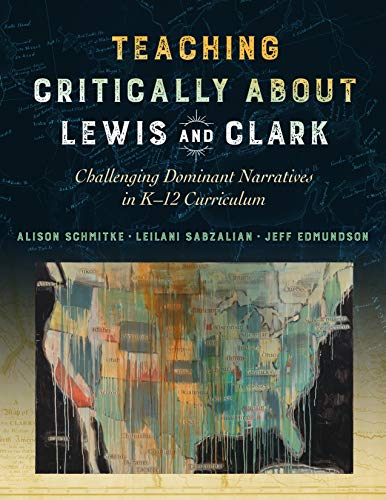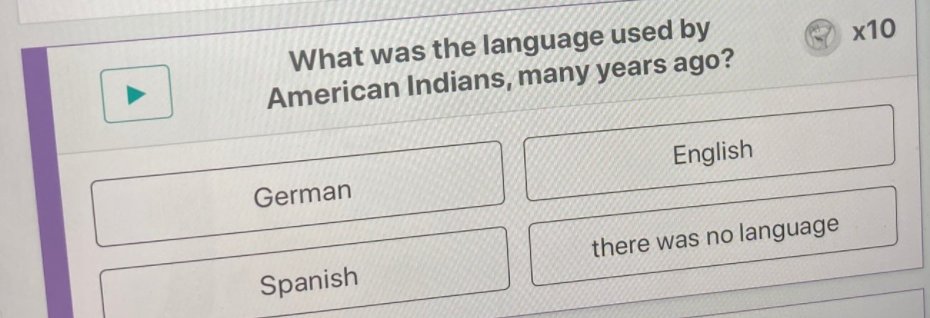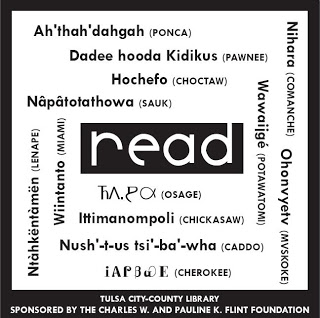Librarians:
In the last day or two, I saw photos of the endpapers of Maillard and Martinez-Neal's FRY BREAD, that showed how some libraries have covered names of tribal nations when they put the scanning/cataloging sticker on the endpapers. (1/)
In the last day or two, I saw photos of the endpapers of Maillard and Martinez-Neal's FRY BREAD, that showed how some libraries have covered names of tribal nations when they put the scanning/cataloging sticker on the endpapers. (1/)
I suppose that problem comes up a lot. What are options some of you have come up with, so that important information on endpapers does not get covered up? (2/2) #Librarians
3. I'll add replies to the thread. To make them fit, I'll need to edit them a bit.
The good news is that there are alternatives to covering up information on endpapers!
The good news is that there are alternatives to covering up information on endpapers!
4. @ArsLegendi said "It comes up a lot w/artwork, too; a lot of our bks come preprocessed. We’re reordering unprocessed copies; are going to redo in-house putting all of the labels that usually go on the endpapers (esp the huge RFID tag) on inner pages & inside the jacket cover."
5. @ambiguitweets: "In special collections settings generally we either affix such stickers to a flag that's inserted into or attached to the bk, or to a mylar wrapper. Bookplates can also be hinged by the top edge to allow for lifting to read info on endpapers below the plate."
6. @gallbrary said "if there's something we don't want to cover up, we just put the barcode in the same spot on the following page."
7. @oclibraryk said "we attach the jacket + cover to enable reader to lift flap & see the images. We don't place stickers on end papers inside the bks but try to put them in a place that does not obscure biographical and/or content info on the back cover."
• • •
Missing some Tweet in this thread? You can try to
force a refresh










